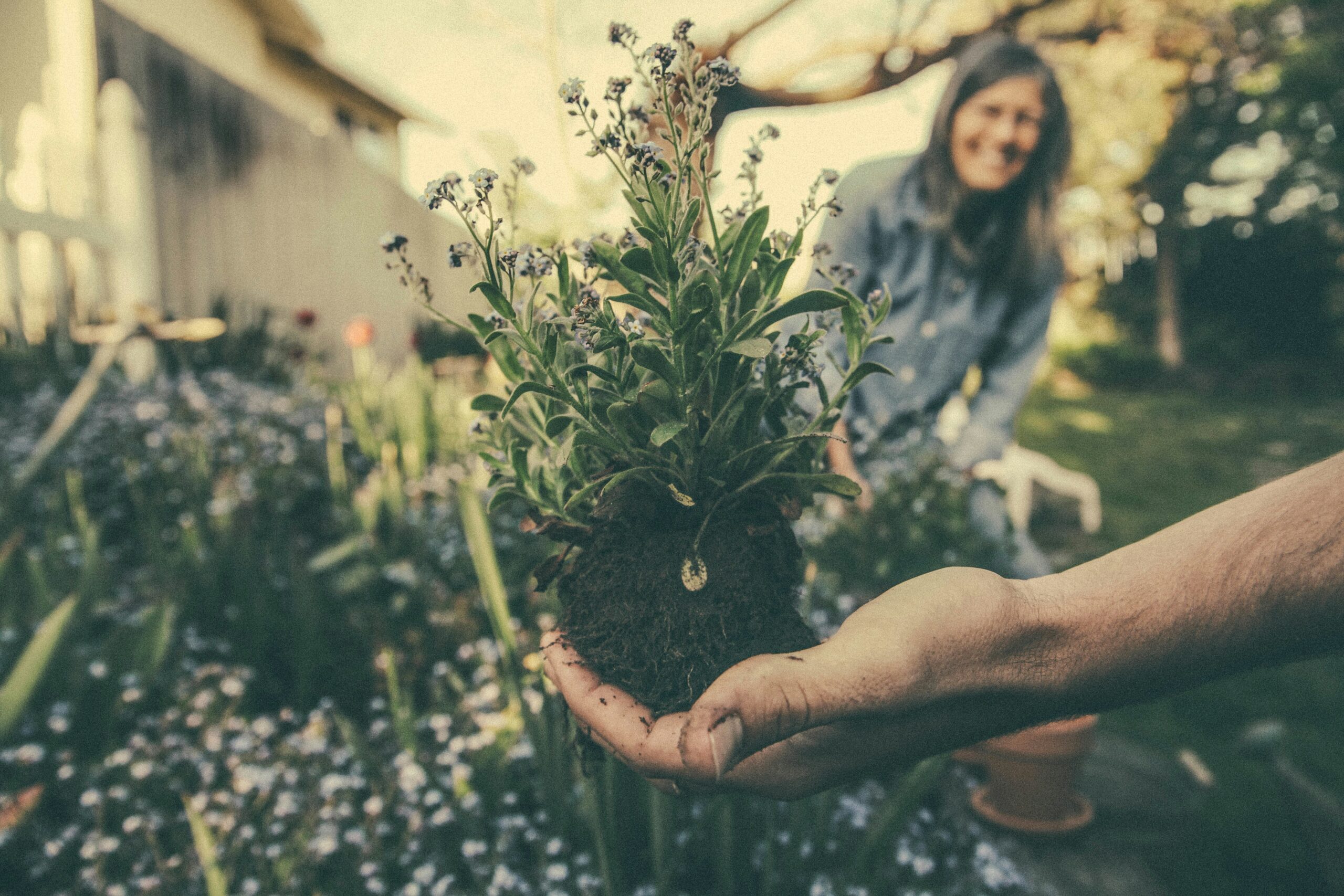The conventional British garden might well be a thing of the past. As hotter, drier summers are becoming more common and winters are growing warmer and wetter, the kind of garden that thrived a decade ago may now need a rethink. A few smart adjustments can help ensure green spaces that are both beautiful and resilient in the face of an intensifying climate crisis.
- Meadows over picture-perfect lawns
Traditional manicured lawns demand constant watering, regular mowing, and heaps of maintenance—harder and costlier in higher temperatures. Instead, transform your gardens into wildflower meadows, which require less water, fewer cuts, and provide vital habitat for bees, butterflies, and other pollinators. - Mediterranean plants for the win
In severe summers, hardy, drought-tolerant, and low-maintenance decorative plants like lavender, thyme, rosemary, and sedums should be your flora of choice. Even olives, citrus, or figs could thrive in sheltered London microclimates, as fewer late frosts open new possibilities. - Every drop counts
Water butts, rain gardens, permeable paving, and grey water harvesting will grow from eco-choices into essential features. They help collect and reuse stormwater during wet spells, proving to be a lifesaver in the droughts that often follow. - New crops, local harvests
Accounting for warmer seasons in your growing calendar, start cultivating peaches, apricots, nectarines, and even grapes in the great outdoors. With fewer frost days than before, gardeners can think about pushing the boundaries of what they can grow. - Sturdy native plants
Some UK native plants like sea holly or sea kale, accustomed to thriving in harsh conditions, are starting to get their due. They can lend both biodiversity and resilience to your flower beds. - Ensuring soil health
Put your food waste to good use by composting and adding it to your garden soil, as soils with high organic matter content hold more water. This will make watering much more efficient overall.
Amid prolonged droughts and extreme weather, follow these tips to ensure that your little garden is a sustainable, enduring part of the larger ecosystem.
Sourced info: https://theconversation.com/as-climate-change-hits-what-might-the-british-garden-of-the-future-look-like-261608

